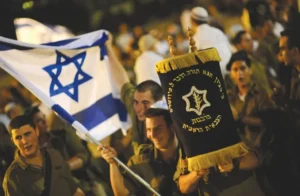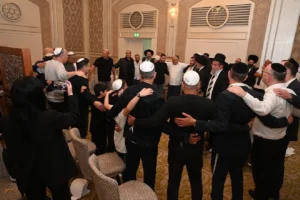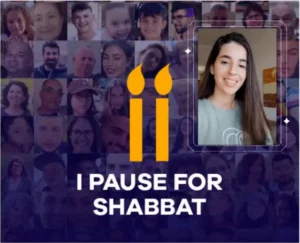
Barak Nixon’s Reflections on Faith, Survival, and Divine Providence
- STORIES TO INSPIRE
- If you see me today taking a seat in my morning Kollel… you might assume I'm one of the recently married regulars… But in fact this life is all new....









Havdala is the ceremony that marks the end of Shabbat and the transition back to the regular week. It includes blessings over wine, spices, and fire.
Havdala consists of the following stages:
The leader must drink at least a cheekful (approximately 44 cc). Ideally, a full revi’it (86 cc) is consumed, requiring an after-blessing.
Separation and Integration: Light and darkness represent distinct realms, as do sacred and mundane and Shabbat and the rest of the week. However, light illuminates the darkness, the holy illuminates the mundane, and Shabbat illuminates the rest of the week. Havdala demonstrates that these different realms must remain distinct but that Shabbat can impact the rest of the week, bridging sanctity with the material world.